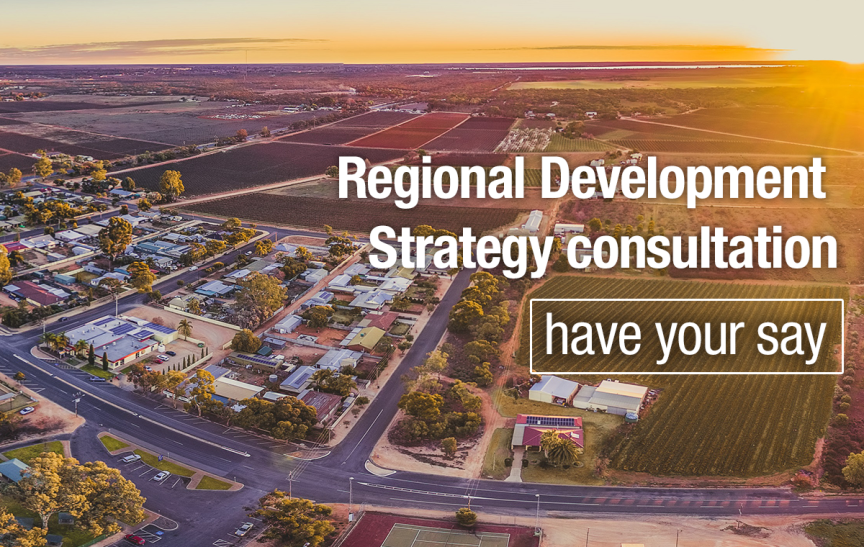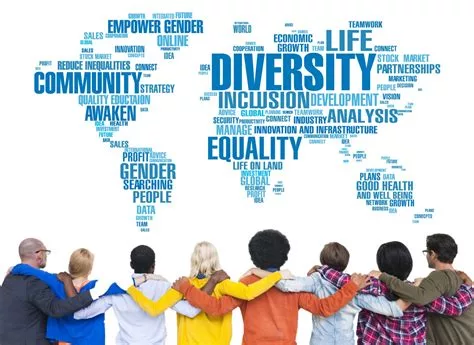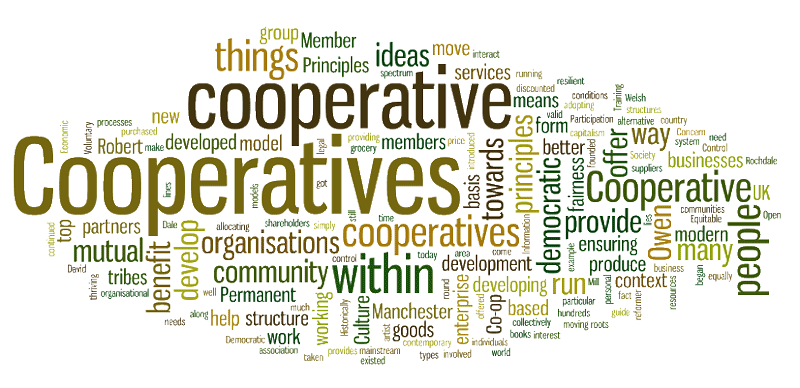
In a world grappling with resource scarcity and environmental degradation, the quest for self-sufficient communities has gained prominence. Hemp, a versatile and resilient crop, emerges as a beacon of hope, offering communities a path towards economic prosperity, environmental stewardship, and sustainable living.
Economic Empowerment: A Catalyst for Community Development
Hemp cultivation holds immense economic potential, empowering communities to achieve financial self-sufficiency. Its diverse applications create opportunities for job creation, income generation, and local business development. Hemp fiber can be transformed into eco-friendly textiles, construction materials, and bioplastics, opening up new markets and diversifying local economies.
Hemp Processing: Creating Value from Nature’s Bounty
Hemp processing centers can become hubs of economic activity, attracting investments and creating employment opportunities within communities. These centers can process hemp into a variety of products, from textiles and construction materials to biofuels and medicinal compounds. By adding value to locally grown hemp, communities can capture a greater share of the economic benefits.
Sustainable Agriculture: A Foundation for Self-reliance
Hemp’s adaptability and resilience make it an ideal crop for sustainable agriculture. Its ability to thrive in various climates and soil conditions reduces the need for pesticides and fertilizers, promoting environmentally friendly farming practices. Hemp also enhances soil health, improves water retention, and suppresses weeds, contributing to sustainable land management.
Soil Restoration: Reclaiming Degraded Lands
Hemp’s deep root systems and ability to accumulate nutrients make it a powerful tool for soil restoration. As hemp grows, its roots break up compacted soil, increase aeration, and enhance water infiltration. This revitalizes degraded lands, restoring their productivity and ecological balance.
Water Filtration and Purification
Hemp fibers can be used to create natural water filtration systems, providing communities with clean and potable water. Hemp’s porous structure effectively traps impurities and contaminants, removing harmful substances from water. This sustainable approach to water purification improves public health and reduces reliance on costly treatment plants.
Air Purification: A Breath of Fresh Air
Hemp’s ability to absorb pollutants from the air makes it a valuable tool for air purification. Hemp plants can remove harmful substances such as carbon dioxide, volatile organic compounds, and heavy metals from the atmosphere, improving air quality and reducing respiratory illnesses.
Hemp-Based Products: A Sustainable Lifestyle
Hemp-based products offer communities sustainable alternatives to conventional materials, reducing their environmental footprint. Hemp textiles, construction materials, and bioplastics are biodegradable and renewable, minimizing the accumulation of waste and promoting a circular economy.
A Model for Community Resilience
Hemp’s versatility extends beyond its economic and environmental benefits to encompass social and community development. By embracing hemp cultivation and processing, communities can foster self-sufficiency, reduce reliance on external resources, and enhance their resilience in the face of challenges.
A Beacon of Hope for a Sustainable Future
Hemp’s transformative potential lies in its ability to address multiple challenges simultaneously. It promotes economic prosperity, environmental sustainability, and community empowerment, creating a holistic approach to self-sufficiency. As communities embrace hemp and its diverse applications, they pave the way for a more resilient, sustainable, and equitable future for all.










